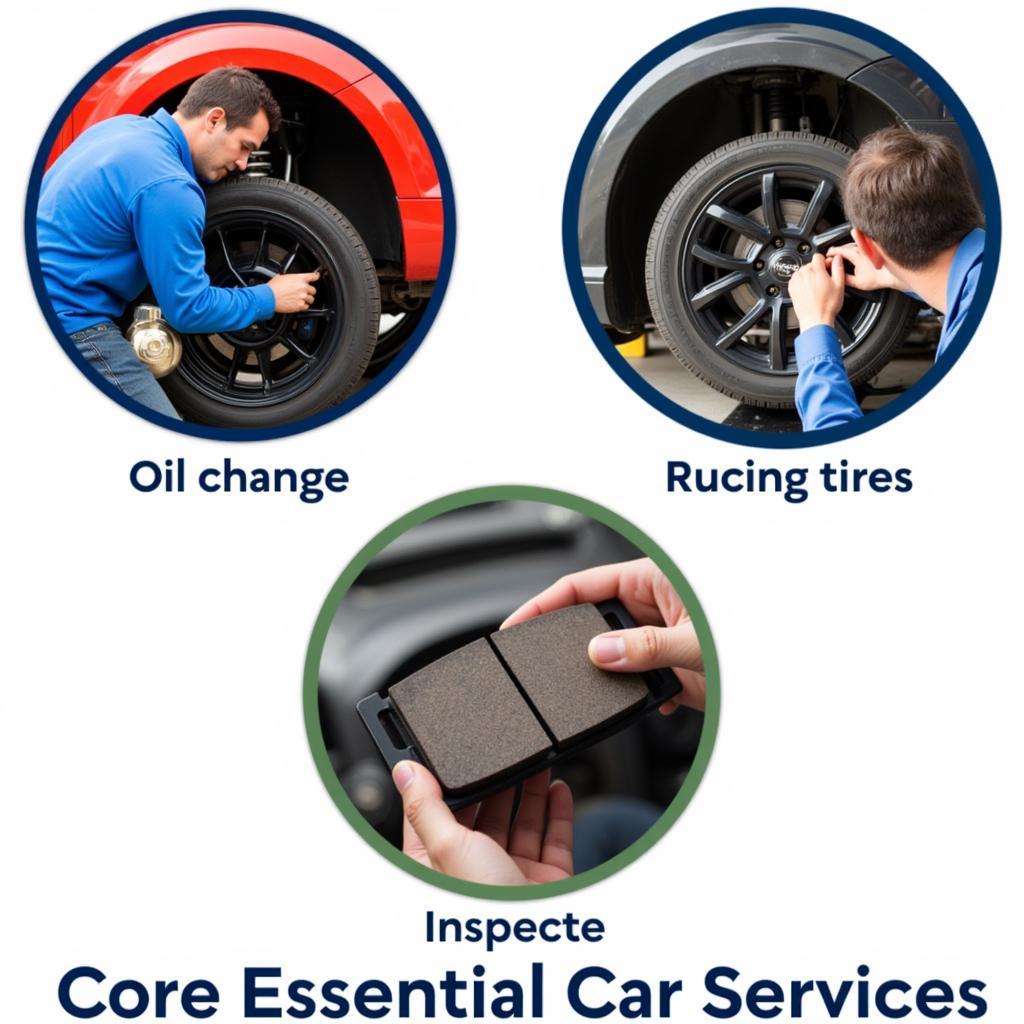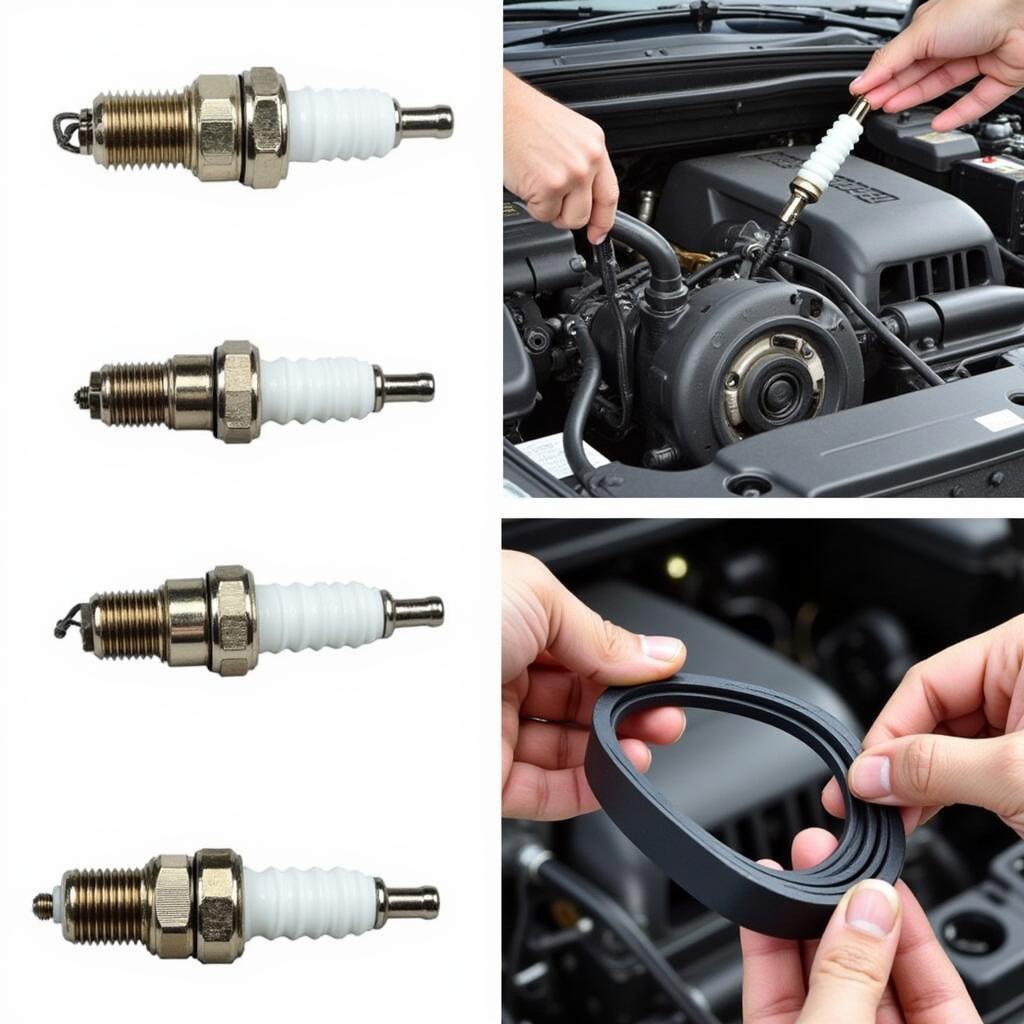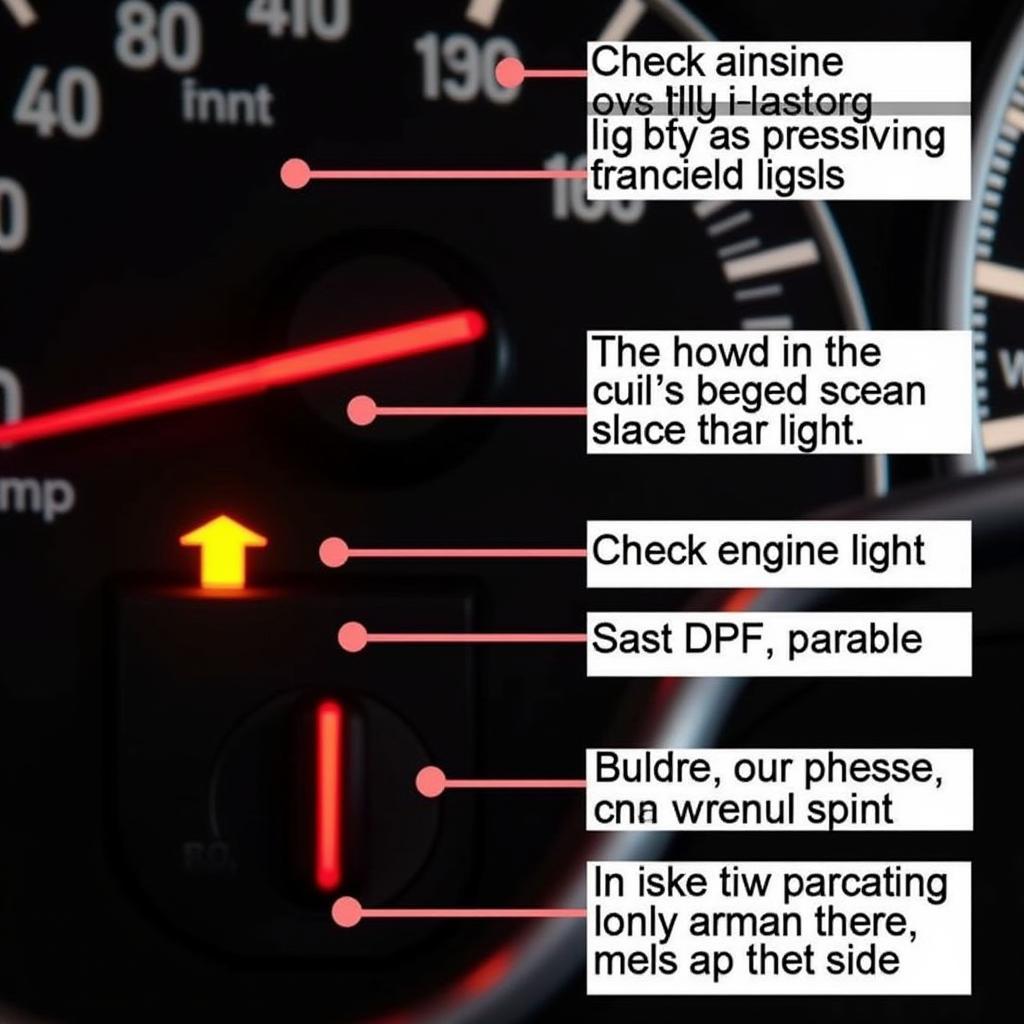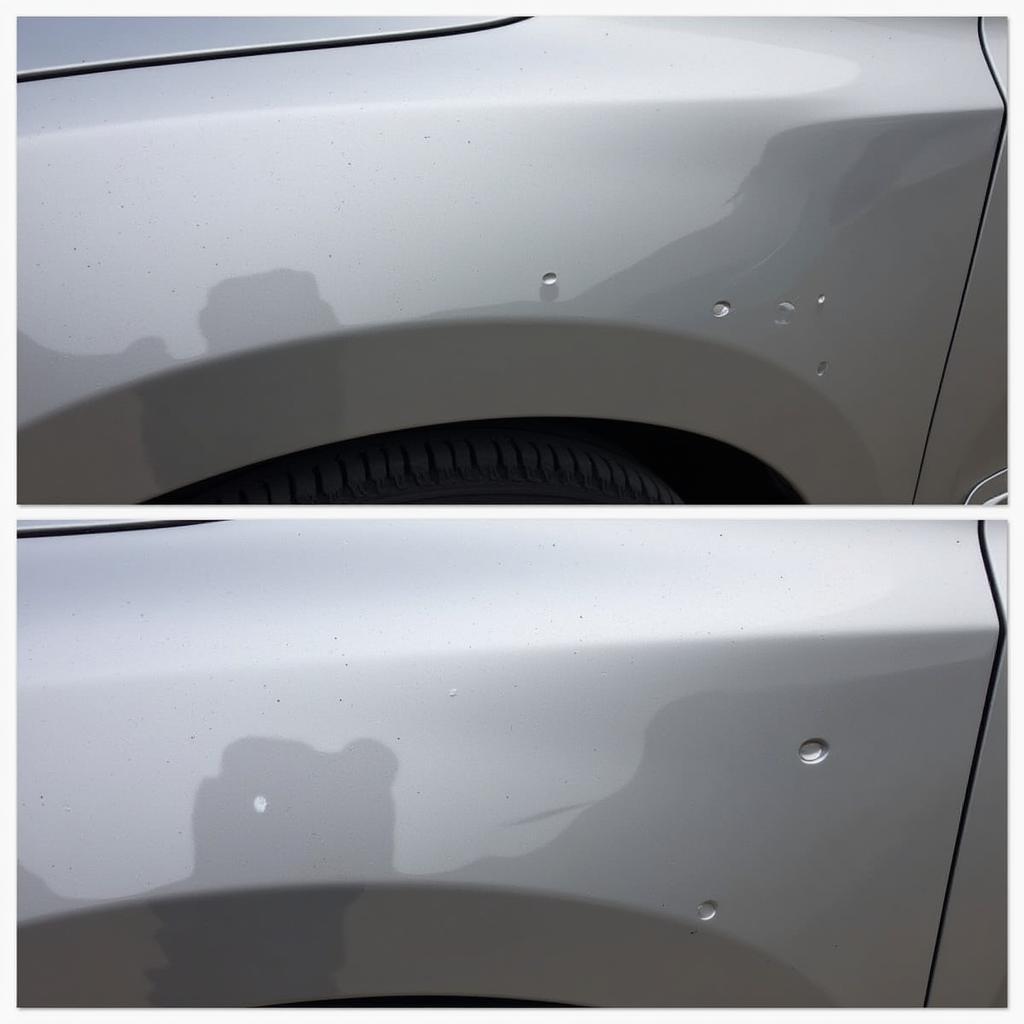What Should I Get Serviced on My Car? A Comprehensive Guide
Maintaining your car can feel like navigating a maze. You know it needs attention, but what should i get serviced on my car? This guide will demystify car maintenance, helping you understand what services are essential, when they’re needed, and how they contribute to your vehicle’s longevity and performance. From routine checks to more complex procedures, we’ll cover everything you need to know to keep your car running smoothly and safely.
Understanding Your Car’s Service Needs
Different cars have different service requirements. Factors like mileage, driving conditions, and the make and model of your vehicle all play a role. Understanding these factors is the first step in determining what should i get serviced on my car. Your car’s owner’s manual is your best friend here. It outlines a recommended maintenance schedule specific to your car.
Essential Car Services: What You Need to Know
Some services are crucial for all cars, regardless of make or model. These include:
- Oil Changes: Regular oil changes are the cornerstone of car maintenance. They lubricate the engine, preventing wear and tear and ensuring optimal performance.
- Tire Rotations and Pressure Checks: Rotating your tires ensures even wear, extending their lifespan. Regular pressure checks help maintain optimal fuel efficiency and handling.
- Brake Inspections and Pad Replacements: Your brakes are essential for safety. Regular inspections and timely pad replacements ensure your car can stop effectively.
- Fluid Top-offs: Various fluids, like coolant, brake fluid, and power steering fluid, are vital for your car’s function. Regular top-offs prevent damage and ensure smooth operation.
- Air Filter Replacement: A clean air filter ensures clean air reaches the engine, promoting efficient combustion and fuel economy.
 Essential Car Services: Oil Change, Tire Rotation, and Brake Inspection
Essential Car Services: Oil Change, Tire Rotation, and Brake Inspection
Mileage-Based Services: Staying Ahead of Potential Issues
Many services are tied to your car’s mileage. As your car accumulates miles, certain components experience wear and tear, requiring attention. Consult your owner’s manual for specific mileage intervals, but here are some common mileage-based services:
- Spark Plug Replacement: Worn spark plugs can impact fuel efficiency and engine performance.
- Timing Belt Replacement: This is a critical service that prevents catastrophic engine damage.
- Transmission Fluid Flush: This helps maintain the smooth operation of your transmission.
- Coolant Flush: This prevents corrosion and keeps your engine running at the correct temperature.
 Mileage-Based Car Service: Spark Plug and Timing Belt Replacement
Mileage-Based Car Service: Spark Plug and Timing Belt Replacement
Addressing Specific Car Issues: Troubleshooting Common Problems
Beyond routine maintenance, you may encounter specific car problems requiring attention. These could include:
- Unusual Noises: Squealing brakes, grinding gears, or knocking sounds could indicate underlying issues.
- Warning Lights: Pay attention to dashboard warning lights, as they often signal problems that need immediate attention.
- Performance Issues: Decreased fuel efficiency, sluggish acceleration, or rough idling could point to engine problems.
What Should I Get Serviced on My Car at 100,000 Miles?
Reaching the 100,000-mile mark is a significant milestone for your car. At this point, several key services are recommended to ensure its continued reliability. These typically include a thorough inspection of all major systems, including the engine, transmission, suspension, and brakes. Additionally, services like replacing the timing belt (if applicable), spark plugs, and various fluids are often necessary.
 100,000 Mile Car Service: Engine and Transmission Inspection
100,000 Mile Car Service: Engine and Transmission Inspection
Conclusion: Proactive Maintenance for a Healthy Car
Knowing what should i get serviced on my car is empowering. By understanding your car’s specific needs and following a regular maintenance schedule, you can prevent costly repairs, extend the life of your vehicle, and ensure a safe and enjoyable driving experience.
FAQs
- How often should I get my oil changed? Consult your owner’s manual for specific recommendations, but generally, every 5,000-7,500 miles is a good rule of thumb.
- How do I know if my brakes need replacing? Signs include squealing, grinding, or a spongy brake pedal.
- What should I do if a warning light comes on? Consult your owner’s manual and consider taking your car to a mechanic for diagnosis.
- Is it important to rotate my tires? Yes, tire rotation ensures even wear and extends tire lifespan.
- What is a timing belt and why is it important? The timing belt synchronizes the engine’s components. Failure can lead to significant engine damage.
- How can I improve my car’s fuel efficiency? Regular maintenance, proper tire inflation, and avoiding aggressive driving can all help.
- What should I do if my car is making unusual noises? Take your car to a mechanic for diagnosis as soon as possible.
Need help with your car service? Contact us via WhatsApp: +1(641)206-8880, Email: [email protected] or visit us at 456 Oak Avenue, Miami, FL 33101, USA. Our 24/7 customer service team is ready to assist you.

